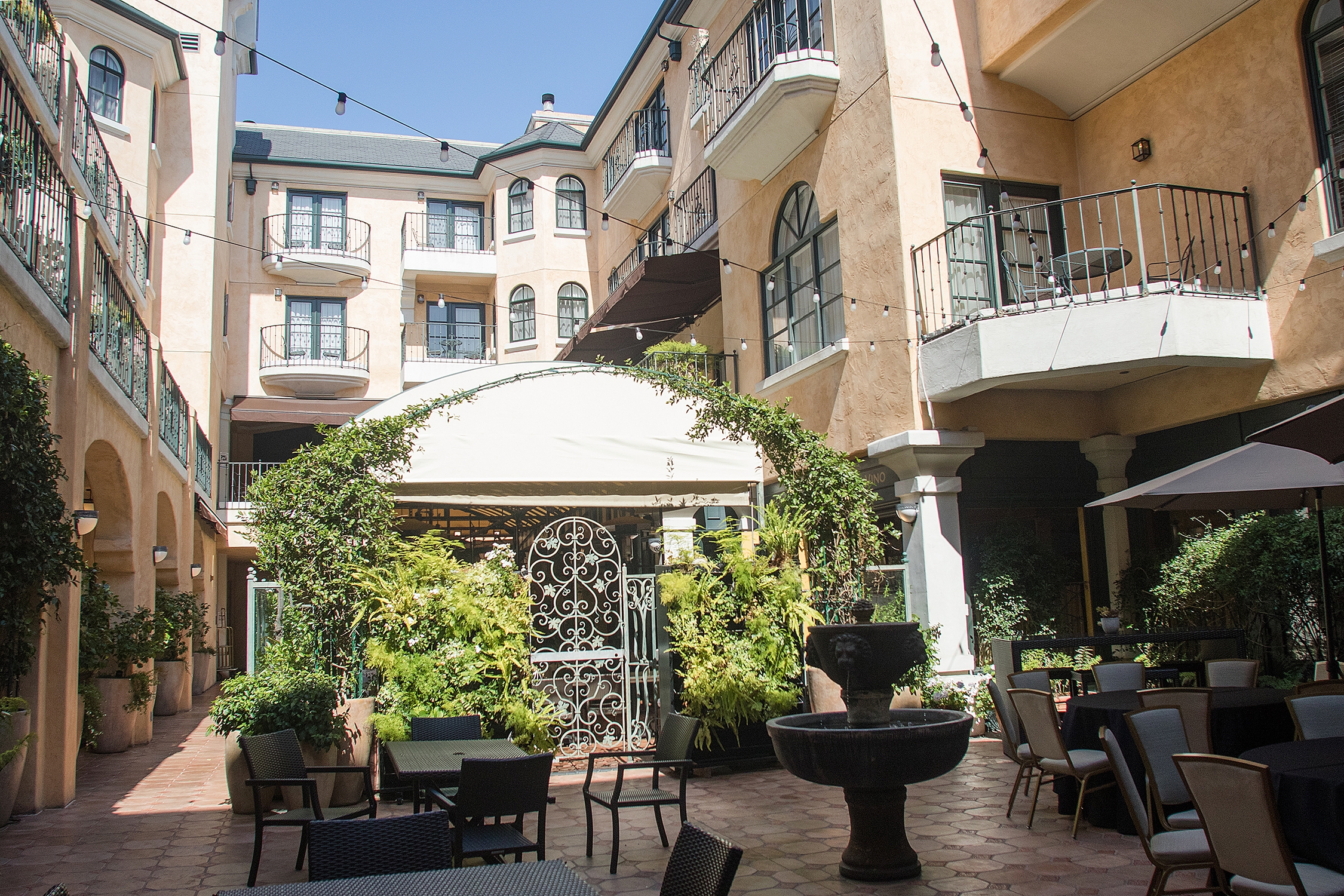Responding to concerns from local hotels, Palo Alto is cutting ties with the San Mateo County Silicon Valley Convention and Visitors Bureau for regional marketing services.
The council unanimously approved on Monday night a request by hoteliers to withdraw from the tourism district, which is administrated by the city of Burlingame and which receives money through assessments on local hotels. Palo Alto has been partnering with the tourism district since 2010.
The move comes as local hotels are struggling to survive the economic impacts of the COVID-19 pandemic and shutdown. Since the shutdown, at least 11 hotels, representing 30% of the city's rooms, have closed entirely, according to staff. The rest have seen vacancy rates drop from about 80% to single digits.
The city was considering the withdrawal even before the pandemic. In July 2019, it received a petition supported by 20 local hotels for leaving the district. The council agreed to give the bureau more time to prove its worth, with the goal of reaching a decision about the partnership in the fall of this year.
John Hutar, CEO of the San Mateo County Silicon Valley Convention and Visitors Bureau, told the council that his organization had tried to address concerns from Palo Alto hotels by investing in local advertising and by launching a webpage focused on Palo Alto. Once the pandemic hit, the district reduced the hotel assessment fees by 50% and engaged in advocacy with elected officials to make sure they understand the profound impacts of the pandemic on businesses.
Hutar estimated that since 2014, the bureau's efforts have generated $2.7 million in economic impact for Palo Alto through hotel bookings and public relations.
"We have always taken our responsibility of destination sales and marketing seriously," Hutar told the council.
The visitor's bureau receives about $309,040 annually from Palo Alto hotels by assessing fees that range from 15 cents to 45 cents per room night on local hotels. It also has directed about $31,890 annually to the Palo Alto Chamber of Commerce's visitors center, which will now lose that funding.
In choosing to opt out of the visitor's bureau, the council deferred to the will of most of the hotel owners. The city recently conducted a survey that showed 74% of Palo Alto hotels, representing 75% of the city's room total, supported ending the agreement with the visitor's bureau. This included Sheraton Palo Alto, Crown Plaza Cabana, Westin Palo Alto, Hilton Garden Inn, Garden Court Hotel and Hotel Parmani.
Just seven elected to stay, including Homewood Suites, Dinah's Garden Hotel and The Nobu Epiphany Palo Alto.
David Dworkin, whose company, One Stop Integration, manages the Comfort Inn (which voted to opt out), argued that the hotels have not received enough benefits to justify remaining in the partnership. The motels, in particular, have not received any viable leads from the tourism bureau. While hotels have the option of passing on the assessment fees to guests, about half have chosen not to do so because they fear raising rates would cost them business.
"We're all losing money," Dworkin said. "To continue to pay the (business improvement district) fees that are fixed, in many cases, is detrimental to the continued operation of all hotels with severe financial hardships."
Council members agreed to follow the will of the majority. Mayor Adrian Fine said it's important for the council to listen to the businesses. Councilwoman Liz Kniss pointed to the survey of hotels and noted that it's clear that there is no longer support for remaining in the business district.
"If I were a hotel being asked to give any more than I could when only 10% of my beds are filled, I'd probably say no as well," Kniss said. "I think this is a terrible time for hotels. I don't know how most of them are staying in business at all at this point."



Comments